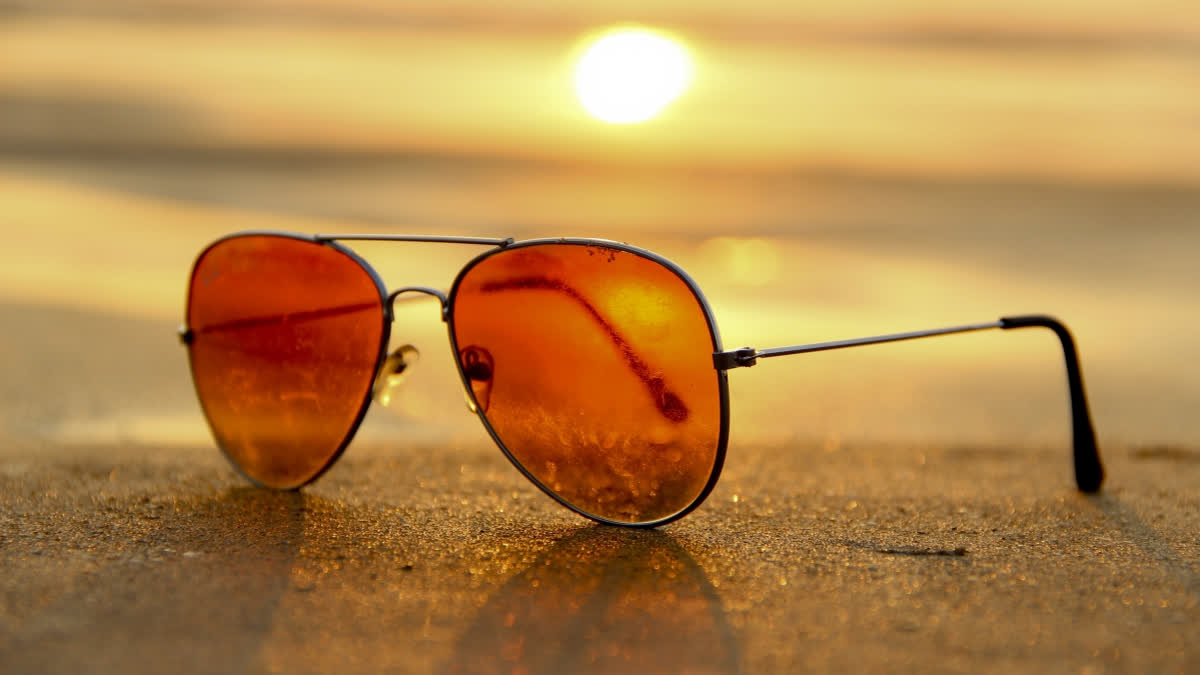New Delhi: With days getting longer and the sun shining brighter, many of us are eager to spend more time outdoors under the sun. Whether it's lounging by the pool, playing beach volleyball, or hiking in the mountains, there's nothing quite like a day in the sun to lift your mood and energise your spirit.
However, as much as we enjoy the warmth and light of the sun, it's important to remember that it can also be very damaging to our skin. So before you head out, make sure you're packing some SPF. Sun Protection Factor, or SPF, is your best friend during the hot summer months. It's the superhero of skincare, fighting off the evil forces of sunburn, skin cancer, and premature aging.
So why is it so important? Let's break it down. SPF protects your skin from the sun's harmful ultraviolet (UV) rays. These rays can damage your skin and lead to sunburn, which is not only painful but also increases your risk of developing skin cancer. No one wants to spend their summer hiding indoors with aloe vera, so make sure you're slathering on some SPF before heading out. But it's not just about preventing sunburn. SPF also helps to keep your skin looking young and healthy. Sun exposure can cause premature aging, including wrinkles, fine lines, and age spots.
How much SPF is enough? There's no such thing as too much SPF. Choosing the right SPF for your skin can be a bit tricky, but a general rule of thumb is to use sunscreen with an SPF of at least 30. This provides adequate protection against both UVB and UVA rays. It's important to choose one with the right SPF for your skin type and activity level.
If you're planning to be active outdoors, you may want to choose a water-resistant sunscreen with a higher SPF. It's also important to remember that sunscreen should be reapplied every two hours, or more frequently if you're swimming or sweating. Even the most effective sunscreen will wear off over time, so be sure to carry a bottle with you and reapply as needed.
Also read: Cardio exercises may help lower risk of flu or pneumonia death
Busting some misconceptions about SPF: One common myth is that people with darker skin tones don't need to use SPF. This is simply not true. While it's true that people with more melanin in their skin have some natural protection against the sun, they are still susceptible to sun damage and skin cancer. Everyone, regardless of skin tone, should use SPF to protect their skin.
Another myth is that if a product has a high SPF, you don't need to reapply it as often. Again, this is false. No matter what the SPF is, sunscreen should be reapplied every two hours, or after swimming or sweating. Additionally, the higher the SPF, the more protection it provides, but it does not mean that it lasts longer. Lastly, some people believe that using SPF will prevent them from getting a tan. This is a myth as well. While using SPF can prevent sunburn, it does not necessarily prevent tanning.
Other ways to protect your skin from the sun: While sunscreen is an essential tool for protecting your skin from the sun, it's not the only one. Here are a few other ways to keep your skin safe this summer:
Seek shade: If you're going to be outside for an extended period of time, try to stay in the shade as much as possible. This will help reduce your overall sun exposure and lower your risk of sunburn and skin damage.
Wear protective clothing: Wearing long-sleeved shirts, pants, and hats can also help shield your skin from the sun. Look for clothing made from lightweight, breathable fabrics like cotton or linen.
Avoid peak sun hours: The sun is strongest between 10 a.m. and 4 p.m., so try to plan your outdoor activities for the early morning or late afternoon when the sun is less intense.
Be mindful of reflective surfaces: Water, sand, and other reflective surfaces can amplify the sun's rays, so be extra careful when you're near these types of surfaces.
Protect your eyes: The sun can also damage your eyes, so be sure to wear sunglasses with UV protection.
Protecting yourself from the summer sun with SPF is essential for keeping your skin healthy and reducing your risk of skin cancer. By choosing the right sunscreen and taking other protective measures, you can. (IANS)
(This story has not been edited by ETV Bharat and is auto-generated from a syndicated feed.)



